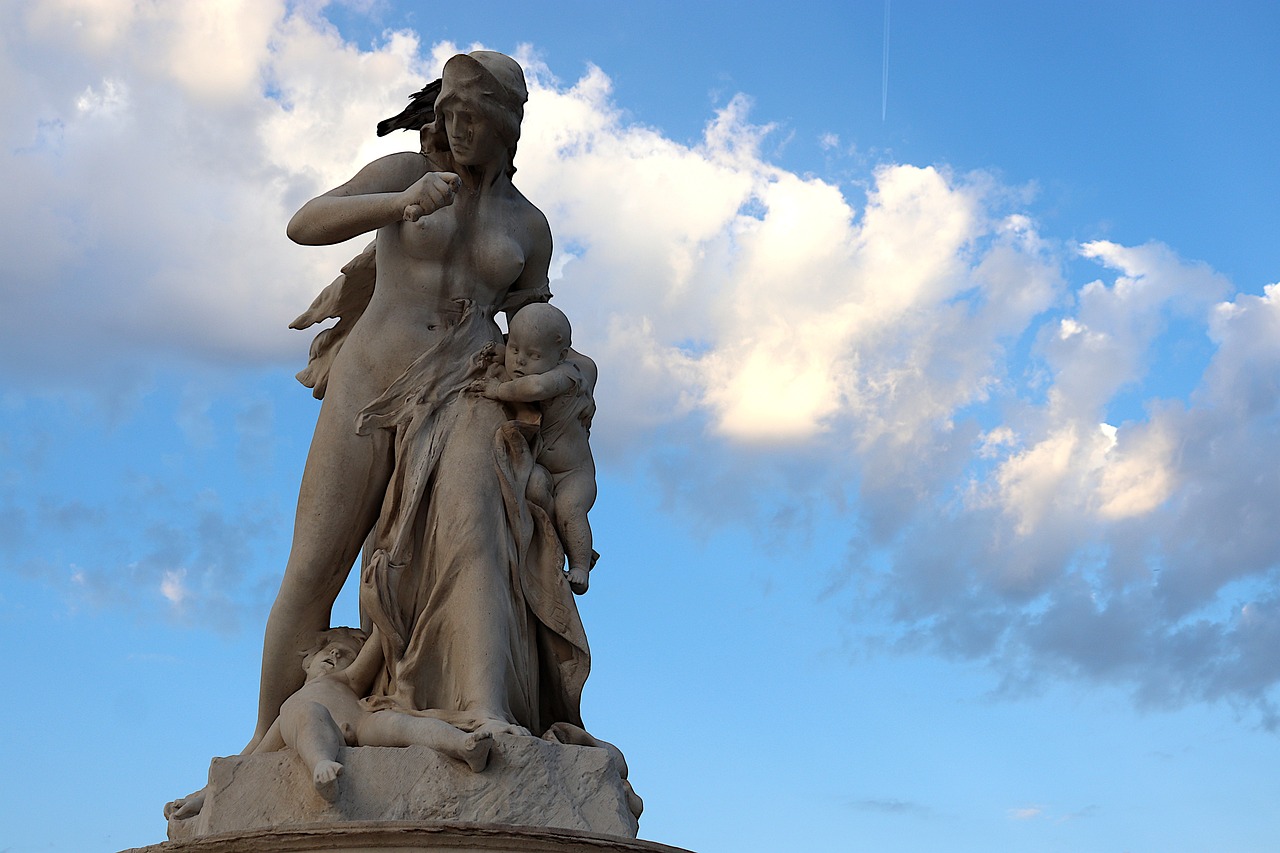When Euripides’ “Medea” debuted during the Great Dionysia in Athens, it received a disappointingly low acclaim, placing third behind the works of Sophocles and Euphorion. This reaction can be attributed to how Euripides confronts and challenges the audience’s entrenched beliefs about gender and morality, presenting themes that were both radical and unsettling. For many, it marked the first substantial presence of a female character in Western theatre who drove the narrative. Defying traditional gender roles, Medea displays the fierce will of Achilles combined with the cunning of Odysseus. The challenges Medea faces after Jason’s abandonment, despite being a devoted spouse and mother instrumental in his earlier conquests, reflect her transformation into an agent of vengeance against all he holds dear—culminating in the shocking acts of violence towards Jason’s new bride, Glauce, her father Creon, and ultimately her own children.
This depiction of Medea starkly contrasts with earlier tragic figures, as she enacts a form of justice against Jason that raises questions about morality and sacrifice. In the realm of tragedy, Euripides introduces a character whose voracious desire for revenge eclipses even her maternal instincts, a bold departure from the archetypes of female characters in previous works. While Clytemnestra, for instance, plots against her husband, she eventually faces punishment. In contrast, Medea escapes with divine assistance, embodying a darker and more complex narrative arc as she rises above her circumstances, presenting herself both as a violated woman and as a terrifying embodiment of wrath.
Euripides stands out among the great Greek tragedians of the fifth century BCE, altering the fabric of Athenian drama to reflect heightened realism and societal tumult. Acknowledged by Aristotle for the depth of his tragic vision, Euripides sought to explore profound moral and psychological questions in a period marked by profound societal uncertainty. His dramatic works, particularly “Medea”, resonate with the existential fears and moral dilemmas of a rapidly changing culture. Consequently, Euripides emerges as a pivotal figure in the evolution of Western drama, even if he was not fully appreciated during his lifetime.
With a prolific output of 92 plays, only 18 have survived to modern times, a testament to his lasting influence. Positioned as a contrarian, Euripides did not engage in the public life of his city like his predecessors, often creating in solitude and consequently garnering fewer accolades during his competition runs. Despite facing criticism—most notably from Aristophanes for advocating ideas that seemed to undermine traditional values—Euripides cultivated a legacy that would triumph in later centuries, inspiring generations of playwrights and thinkers.
Euripides revolutionized stagecraft by opting to depict the intimacies of everyday life rather than grandiose, heroic scenery. His characters reflect genuine human experiences filled with contradictions, flaws, and complexities. In his narratives, themes are wrought from the mundane and deeply familiar, leading to the exploration of societal norms and individual dilemmas. In comparison to Aeschylus and Sophocles, whose works often assumed divine order to human struggles, Euripides casts doubt on these certainties, presenting a world where moral clarity is obscured.
The playwright’s realism extends to female characters, with Medea being not only a pivotal figure in the narrative but also echoing a broader consciousness of gender dynamics. She speaks candidly of female suffering and the oppressive structures of society, casting a critical light on the institution of marriage. Medea’s incensed declaration of her plight underlines her desire for justice in a world that values male power over female agency. Her persuasive battle with Creon illustrates the astute navigation of societal power structures, further emphasizing her character’s evolution from victimhood to vengeful autonomy.
Conversations between Medea and Jason encapsulate the conflict between duty and personal desire, illuminating the broader themes of gender and ambition. Jason’s attempts to rationalize his betrayal reveal a startling self-interest that Medea perceives as a betrayal of her sacrifices, deepening the tragedy of their relationship. Each encounter builds tension, leading to a crescendo where Medea’s resolve transforms her children’s fate into an instrument of vengeance.
In a significant moment, her heart aches as she weighs love against the all-consuming fire of retribution. The climax showcases her tragic journey, setting the stage for her ultimate escape, a profound statement on the nature of power and the human condition. Her departure in a chariot signifies not merely physical flight but a transformation into a relentless force, reshaping the landscape of tragedy itself.
Thus, “Medea” serves not only as a tale of revenge but also as a complex meditation on the nature of passion, identity, and morality, reinforcing Euripides as a progenitor of complex characters and rich narratives that invite continual reevaluation.



